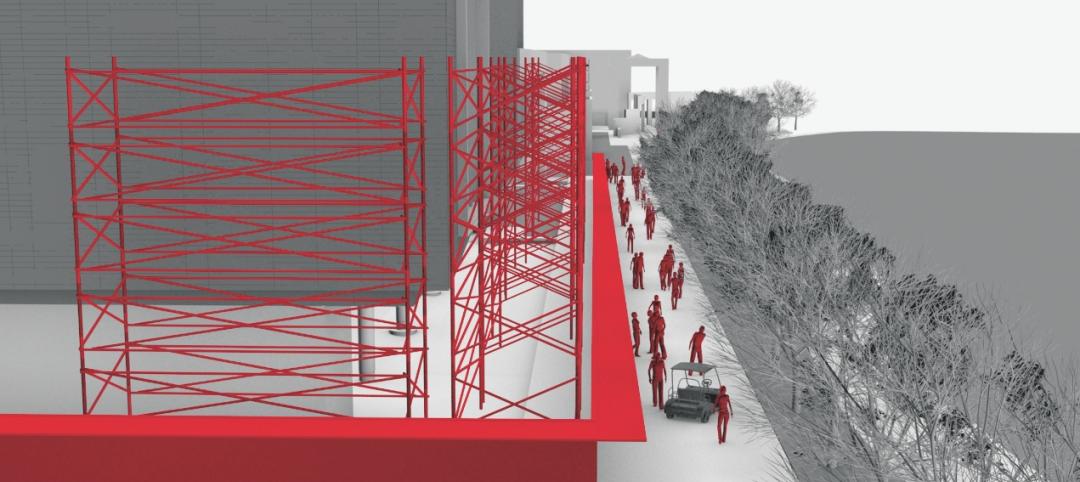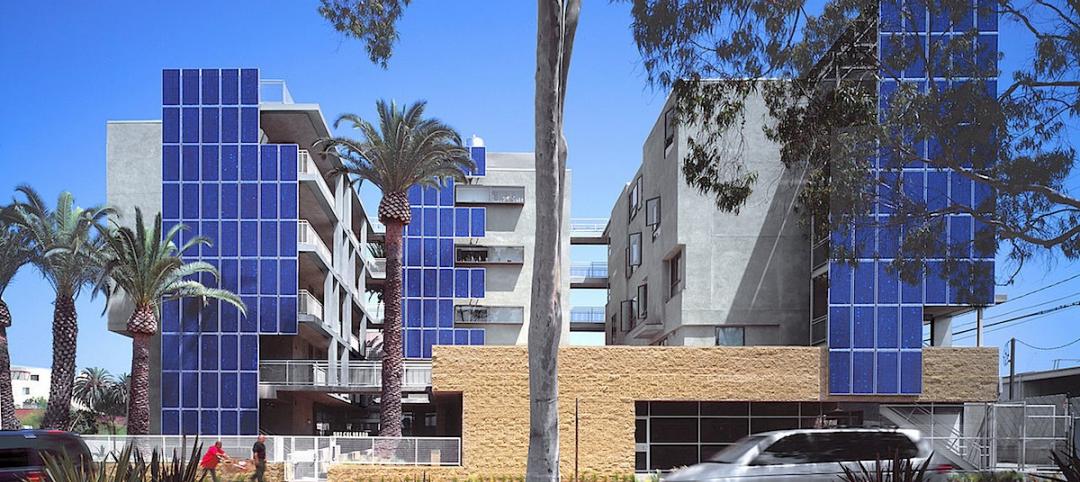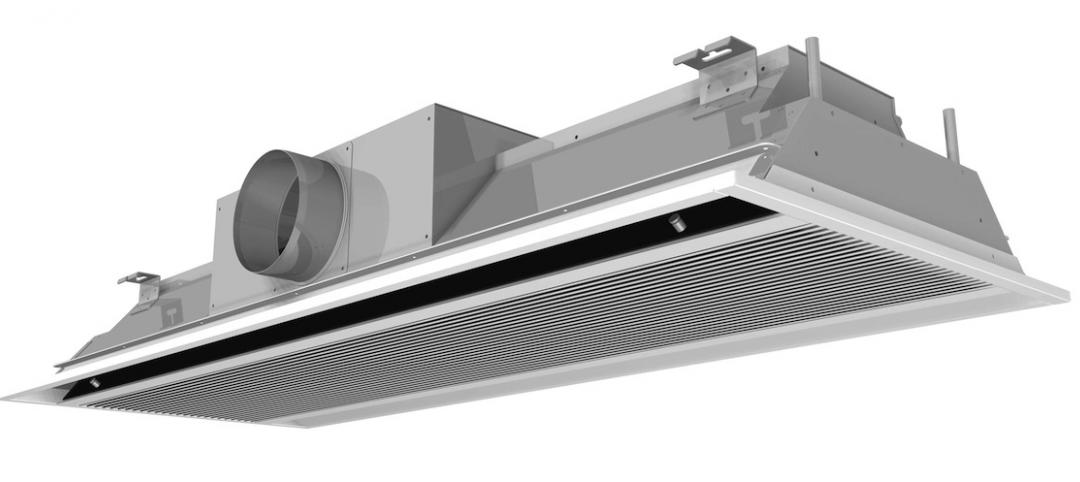For the past year and a half, I have had the pleasure of working with an incredible group of AEC marketing and business development leaders as a member of the Board of Trustees for the SMPS Foundation, the nonprofit research arm of the Society for Marketing Professional Services.
The Foundation’s 2018 research project will explore the brain science behind client decision making behavior. That is, why do your clients—real estate developers, building owners, university leaders, school district officials, healthcare operators, etc.—make the decisions they do? And how, as an AEC firm, can you better tailor your services, marketing, and communications to more effectively influence your clients and better meet their needs?
Here’s a synopsis of the research project:
Within the AEC industries, our clients, both public (i.e., local, state, provincial, federal entities) and private, are responsible for making decisions regarding which companies they will hire to design and build their projects. As the market continues to become more competitive, we are interested in understanding and reacting to the science behind decision making—how brains work subconsciously and emotionally, and rationalize one service provider over another with stats and scoring, for example. The researcher(s) for this project should also explore and present any other components of decision-making and how service providers can affect the outcome of choices their clients make.
This is the type of important business research that is absent in our market. All AEC professionals could benefit from its findings and recommendations.
The Foundation has composed a formal FRP in search of research groups and neuroscience experts who are interesting in taking on this important study.
If you are interested in learning more or submitting an RFP for this funded research project, please email me at dbarista@sgcmail.com. Thanks!
Related Stories
Steel Buildings | Feb 10, 2015
Korean researchers discover 'super steel'
The new alloy makes steel as strong as titanium.
Museums | Feb 9, 2015
Herzog & de Meuron's M+ museum begins construction in Hong Kong
When completed, M+ will be one of the first buildings in the Foster + Partners-planned West Kowloon Cultural District.
Multifamily Housing | Feb 9, 2015
GSEs and their lenders were active on the multifamily front in 2014
Fannie Mae and Freddie Mac securitized more than $57 billion for 850,000-plus units.
BIM and Information Technology | Feb 8, 2015
BIM for safety: How to use BIM/VDC tools to prevent injuries on the job site
Gilbane, Southland Industries, Tocci, and Turner are among the firms to incorporate advanced 4D BIM safety assessment and planning on projects.
Museums | Feb 6, 2015
Tacoma Art Museum's new wing features sun screens that operate like railroad box car doors
The 16-foot-tall screens, operated by a hand wheel, roll like box car doors across the façade and interlace with a set of fixed screens.
Cultural Facilities | Feb 6, 2015
Architects look to ‘activate’ vacant block in San Diego with shipping container-based park
A team of alumni from the NewSchool of Architecture and Design in San Diego has taken over a 28,500-sf empty city block in that metro to create what they hope will be a revenue-generating urban park.
Multifamily Housing | Feb 6, 2015
Fannie Mae to offer lower interest rates to LEED-certified multifamily properties
For certified properties, Fannie Mae is now granting a 10 basis point reduction in the interest rate of a multifamily refinance, acquisition, or supplemental mortgage loan.
Codes and Standards | Feb 6, 2015
Obama executive order requires federal construction projects to consider flood damage caused by climate change
To meet the new standard, builders must build two feet above the currently projected elevation for 100-year floods for most projects.
HVAC | Feb 6, 2015
ASHRAE, REHVA publish guide to chilled beam systems
The guide provides tools and advice for designing, commissioning, and operating chilled-beam systems.
Warehouses | Feb 5, 2015
Self storage facility designed to blend in with Miami Beach's party scene
The plans by architect Gutierrez & Lozano are of a sleek, boutique-looking, 22,500-sf facility at the gateway to the city.

















